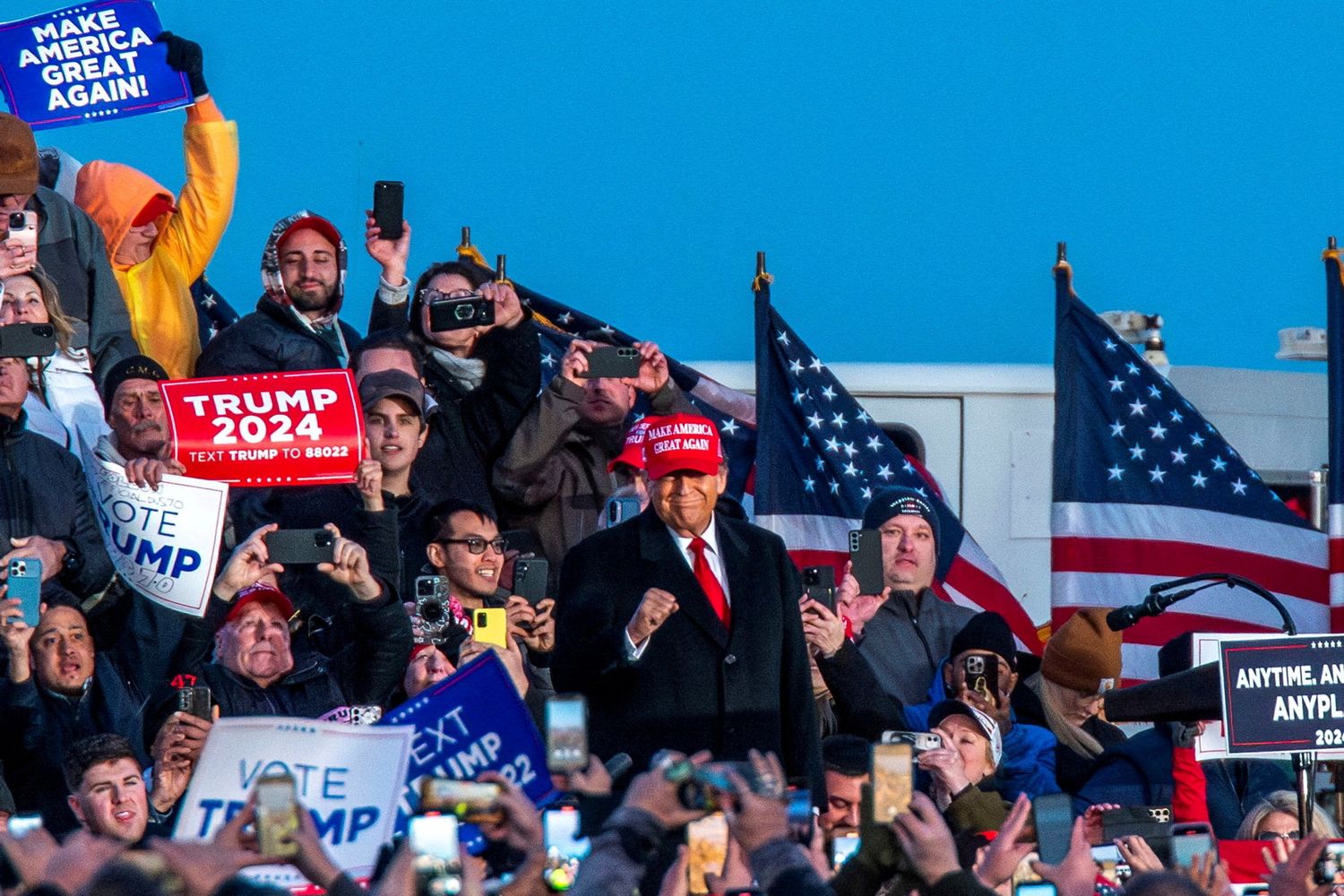America's Racial Discourse
Trump vows to fight 'anti-white feeling' in the United States.
In a move that has ignited fervent discussions across the political spectrum, former President Donald Trump has vowed to combat what he describes as "anti-white feeling" in the United States. This declaration, made in a series of interviews and public statements, marks a controversial pivot in the nation's ongoing dialogue on race and equality. Trump's commitment, underscored by a detailed plan from his allies, signals a potential shift in policy and societal norms should he reclaim the presidency in the upcoming 2024 election.
Trump's assertion taps into a growing sentiment among some segments of the American populace who believe that anti-white racism is a significant issue that needs addressing. In an exclusive interview with Time magazine, Trump expressed his concerns about a perceived bias against white Americans, stating, "There is a definite anti-white feeling in this country, and that can't be allowed either." He criticized the current administration for its focus on diversity, equity, and inclusion (DEI) initiatives, which he and his supporters argue unfairly disadvantage white Americans.
The former president's plan to address these concerns involves a comprehensive review and potential dismantling of government and corporate programs aimed at promoting racial diversity and combating discrimination. Trump and his allies argue that such programs, while intended to redress historical injustices, have inadvertently fostered a climate of reverse discrimination against white Americans. This perspective is supported by a cadre of high-profile Trump supporters and conservative think tanks, who have outlined strategies to reverse what they view as a tide of anti-white sentiment.
Central to Trump's strategy is the reevaluation of DEI initiatives in both the public and private sectors. His administration would likely seek to roll back policies that mandate racial sensitivity training and affirmative action in college admissions, which the Supreme Court recently prohibited. Trump has also pledged to impose taxes and fines on educational institutions he deems "too woke" and to support legislation targeting DEI policies in higher education.
The discourse around "anti-white feeling" and reverse racism is not new but has gained traction in recent years, particularly among conservative circles. The concept of reverse racism, or discrimination against white people based on their race, has been a contentious topic, with critics arguing that it overlooks the systemic nature of racism and the historical advantages afforded to white Americans. However, proponents of Trump's viewpoint contend that acknowledging and addressing anti-white bias is essential for true racial equality.
Trump's focus on combating perceived anti-white discrimination has also sparked debate about the role of civil rights legislation. Allies of the former president have suggested reinterpreting civil rights laws to protect white Americans from discrimination, leveraging legal frameworks originally designed to protect minorities. This approach has been met with skepticism and concern from civil rights advocates, who warn that it could undermine decades of progress toward racial justice.
As the 2024 presidential election approaches, Trump's pledge to fight "anti-white feeling" is poised to become a pivotal issue, further polarizing an already divided nation. The debate underscores the complex and evolving nature of America's racial discourse, challenging the country to confront its past and present to forge a more inclusive future.
The implications of Trump's proposed policies extend beyond the political arena, touching on fundamental questions about identity, equality, and the meaning of justice in a diverse society. As Americans grapple with these issues, the conversation around race, privilege, and discrimination continues to evolve, reflecting the nation's ongoing struggle to live up to its ideals of liberty and justice for all.

